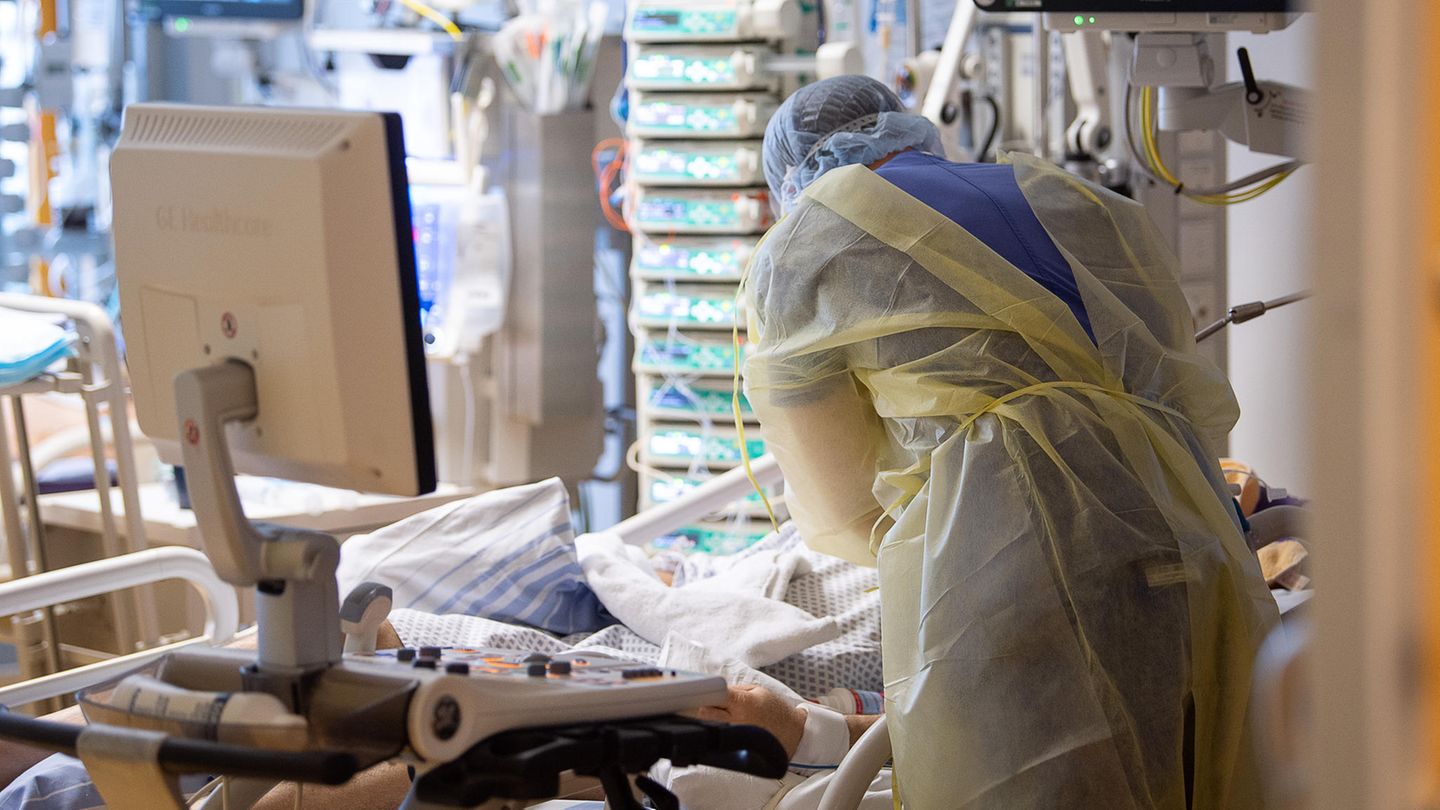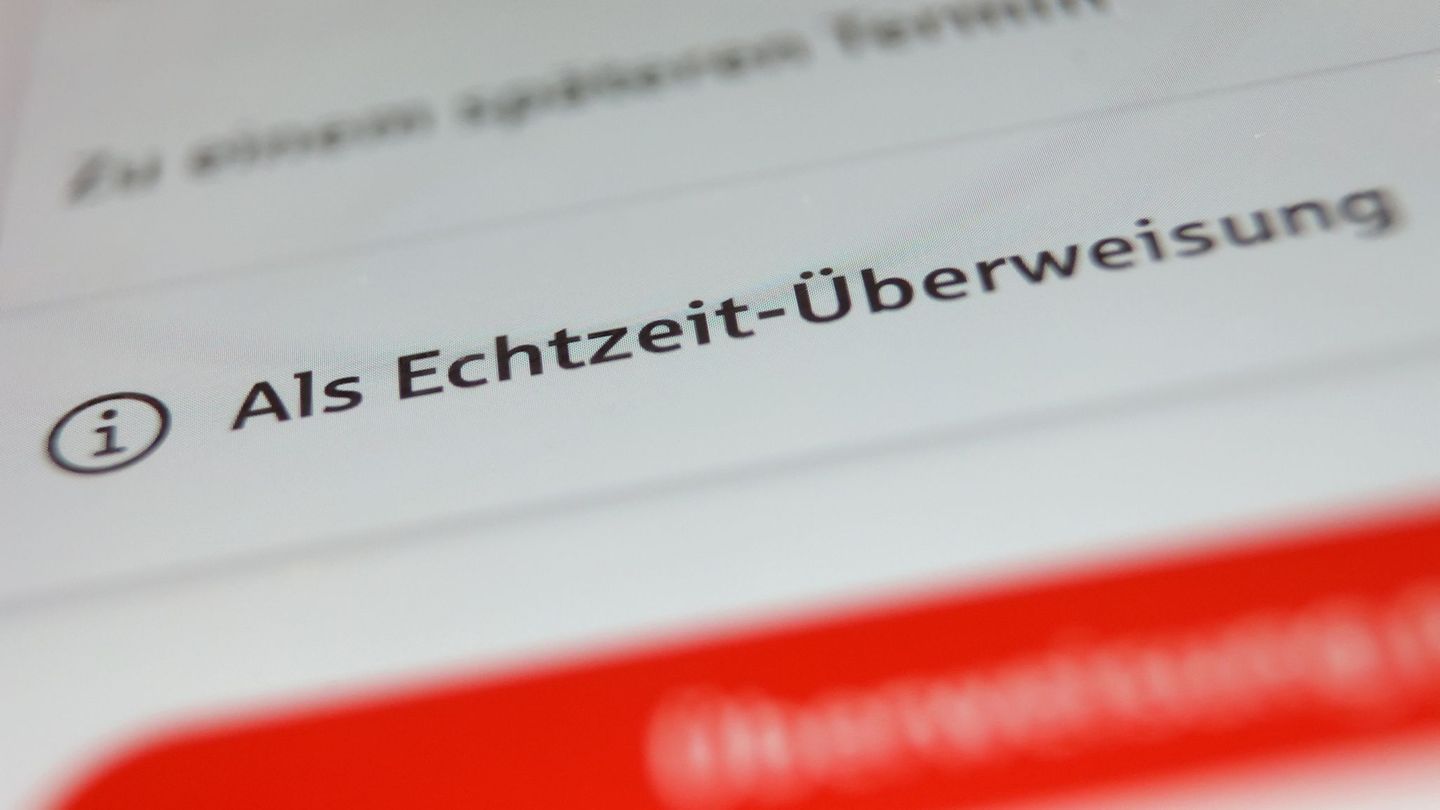A vaccination against the coronavirus lowers the risk of illness and severe disease. Not all vaccinated people benefit equally: A study shows which people were dependent on hospital treatment despite being fully vaccinated.
Two weeks after the second vaccination, people are considered fully vaccinated. For many, this comes with a sense of relief. Vaccinated people not only have a lower risk of contracting the coronavirus and contracting it. They also develop in the event of infection
However, there are indications that not all vaccinated persons benefit equally from the immune protection of the vaccination. In rare cases, vaccination breakthroughs can occur.
In the elderly, immunosuppressed people and sometimes also cancer patients, the immune response after the corona vaccination is weaker, researchers, including from the Berlin Charité, rate this as an explanation for why corona outbreaks are still observed in old people’s and nursing homes despite double vaccinations . In order to continue to protect people in these vulnerable areas in the best possible way, researchers recently had repeatedly
Study from Israel
A study with hospital data from Israel now confirms which groups of people could possibly particularly benefit from a booster vaccination. For this purpose, researchers evaluated the data of 152 patients in Israel who were infected with the coronavirus and had to be treated in a hospital. The study was published in the specialist journal “” (CMI).
All patients had received the vaccine from Biontech / Pfizer. The second dose was at least seven days ago. Other vaccines were not investigated in the study, as the mRNA vaccine is used almost exclusively in Israel. The mean age (median) was around 71 years – which means that half of the patients were younger, the other half older. Most of them were men (70 percent). A quarter of the sick came from a nursing home (25 percent).
The researchers found that a large majority of the seriously ill suffered from existing comorbidities, i.e. other illnesses. It is already known that certain comorbidities increase the risk of severe corona courses. High blood pressure was observed most frequently (71 percent), followed by diabetes (48 percent), heart failure (27 percent), chronic kidney and lung diseases (24 percent each), cancer (24 percent) and dementia (19 percent). 40 percent of the patients also took drugs that suppressed their immune system. Such drugs are common after organ transplants, for example.
25 percent, i.e. around one in four, had to be connected to a ventilator. 34 of the 152 patients died. That corresponds to a rate of 22 percent. Only six of the 152 patients were healthy apart from their acute corona disease. That corresponds to a value of four percent.
A question that the study cannot answer in every case is whether individual people had to be treated in hospital because of their previous illnesses or because of their Covid disease. Around a third of those affected were not seriously ill with Covid-19, the researchers write. This suggests that they had to be treated in the clinic because of other circumstances and that they may not have been vaccine breakthroughs. In addition, the number of patients in the study was quite small. No conclusions can be drawn about how often so-called vaccination breakthroughs occur.
Third dose of vaccine
The data would show where a third dose of vaccine would have to be used, commented SPD health expert Karl Lauterbach on the publication on Twitter. Data on which virus variant they were infected with was not available for all patients. However, it could be proven in at least 40 people that they were infected with the virus variant Alpha (B.1.1.7). Meanwhile in the country – as elsewhere – the delta variant is widespread.
In Israel, third party vaccinations are already being used for certain groups of people, including people who have had heart, lung and kidney transplants, as well as some cancer patients. In Israel, many people were vaccinated earlier this year. There are initial indications that vaccination protection wears off over time.
Delta reduces effectiveness
Experts also see signs that current vaccines against the Delta variant, which was first discovered in India, are somewhat less effective. The vaccine manufacturers Biontech / Pfizer therefore want to apply for approval for the administration of a third dose of their corona vaccine soon, as recently became known. The booster vaccination could then be given after six months.
The US health authority CDC has so far been cautious about the question of whether a third vaccination against the coronavirus is necessary. Citizens who are fully vaccinated currently do not need a booster vaccination, it was initially said.




